Jean-Luc Picard and the Virtue of Command
Jean-Luc Picard's leadership in "Star Trek: The Next Generation" reveals a timeless devotion to justice, honor, and ethical command in the face of adversity across the final frontier.
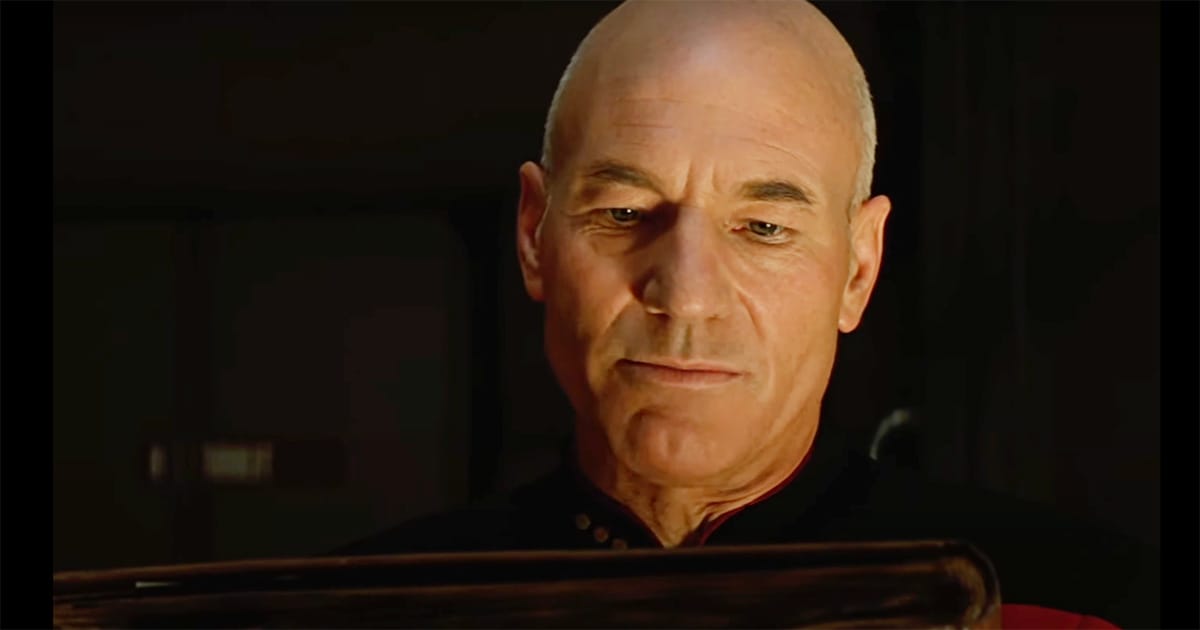
Captain Jean-Luc Picard's command is defined not by force or flair but by an unwavering dedication to principle. In a galaxy filled with political tensions, alien customs, and moral uncertainty, Picard serves as the steady center. He is measured, thoughtful, and incorruptible.
His years aboard the Enterprise-D are marked by a consistent defense of honor and a resolute stand for justice. These values often put him at odds with powerful forces, but he never wavers. Unlike captains who lean into instinct or impulse, Picard relies on clarity of thought and strength of conscience.
His command reflects the Federation's belief that peace and progress must be built on ethical ground. Through Picard, "The Next Generation" gives viewers more than interstellar adventure. It presents a vision of leadership shaped by truth, dignity, and a deep respect for what is right.
A Moral Compass in a Cosmic Sea
Jean-Luc Picard does not just command the Enterprise. He anchors it. His leadership rests on a foundation of integrity, discipline, and moral vision. In the chaotic vastness of space, he provides a steady compass for his crew and, by extension, for the viewer. His strength comes not from dominance but from discernment. He listens before he speaks and thinks before he acts.
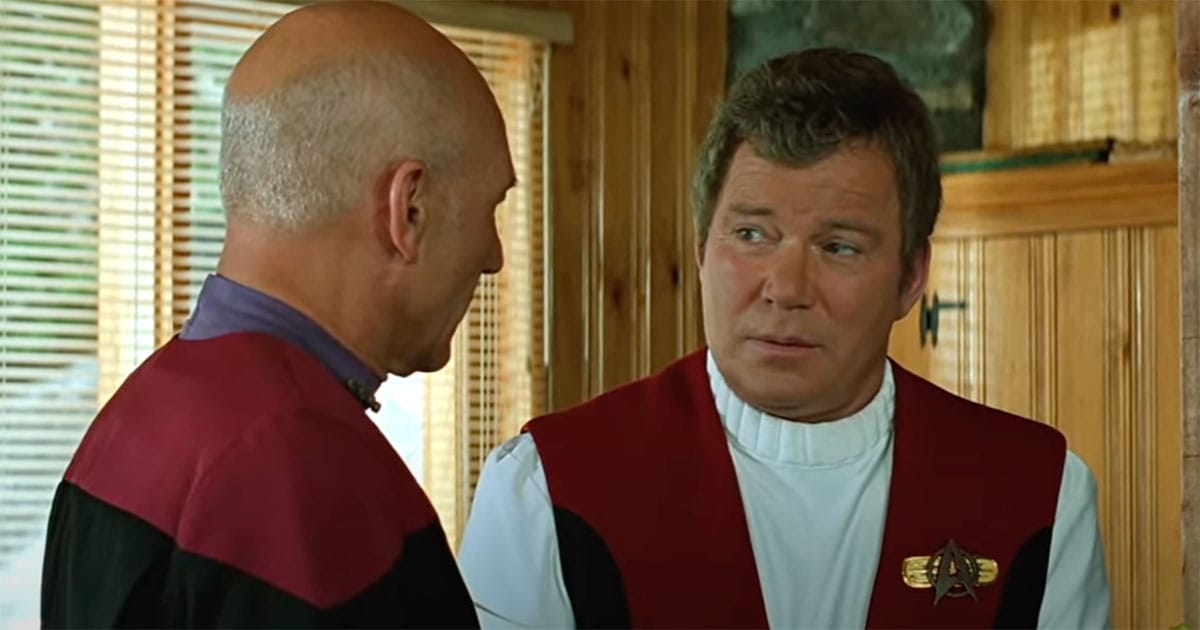
Where Captain James T. Kirk was driven by instinct and Captain William Adama by survival, Picard is guided by principle. Each man is a capable leader within his own universe. What sets Picard apart is his belief that lasting strength comes from ethical clarity. He prefers diplomacy to confrontation, not out of fear, but because he sees understanding as the highest form of command.
This vision makes him uniquely suited to the challenges of the 24th century. Whether he is speaking before a hostile tribunal or negotiating peace between centuries-old enemies, Picard remains calm, composed, and firm. He respects tradition but does not let it dictate justice. He honors Starfleet's chain of command yet speaks plainly when he believes the institution has gone astray.
Picard brings something timeless in a show filled with advanced technology and speculative science. He reminds us that a leader must first be a man of character, even in the far future. His decisions are not always easy, but they are always considered. In this way, he charts a course not just through the stars, but through the often murky waters of right and wrong.
Justice in Action
Picard's defense of justice is most vividly seen in the crucible of conflict. He does not merely speak of right and wrong—he acts on those convictions, even when the cost is high. Several episodes from "Star Trek: The Next Generation" could serve as case studies in how a starship captain can uphold truth when the surrounding structures bend or break under pressure.
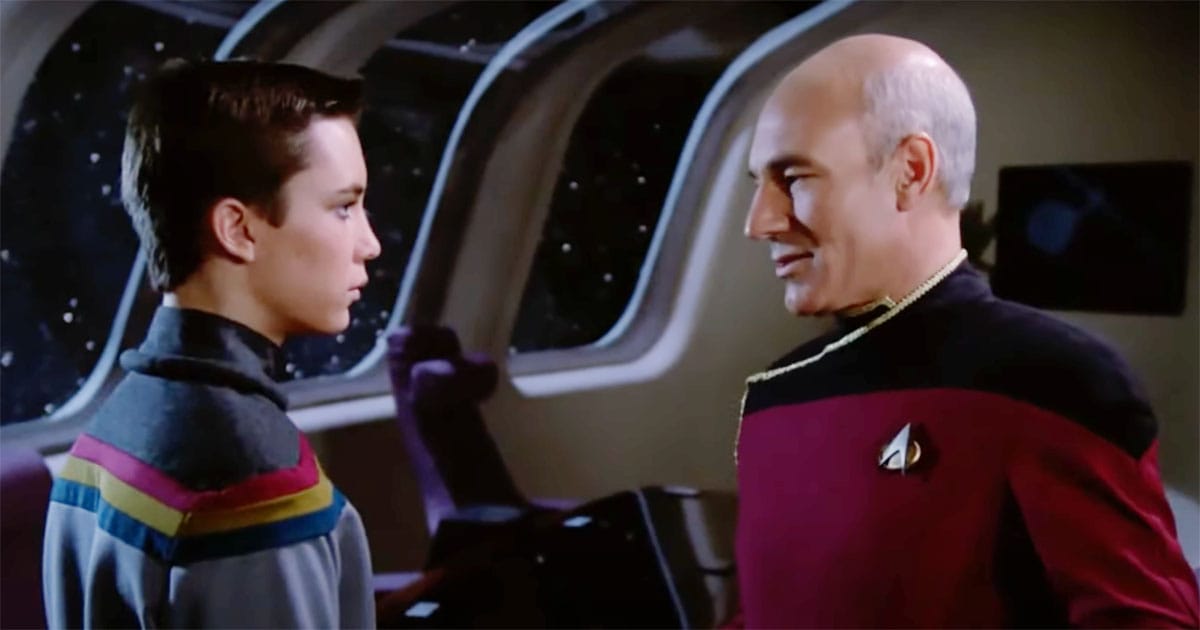
In "Justice," Picard faces a moral standoff with the Edo, a people whose peace relies on a rigid and unforgiving legal code. When Wesley Crusher is sentenced to death for a minor accident, Picard challenges the very premise of blind law. He neither ridicules their culture nor submits to it. Instead, he appeals to a higher standard—one rooted in mercy and the value of life.
In "The Drumhead," injustice comes from within. A respected Starfleet investigator turns a minor security breach into a sweeping inquisition. Picard pushes back against the rise of fear and suspicion, refusing to let the principles of due process and personal liberty be sacrificed in the name of security. He warns that tyranny often marches under the banner of justice.
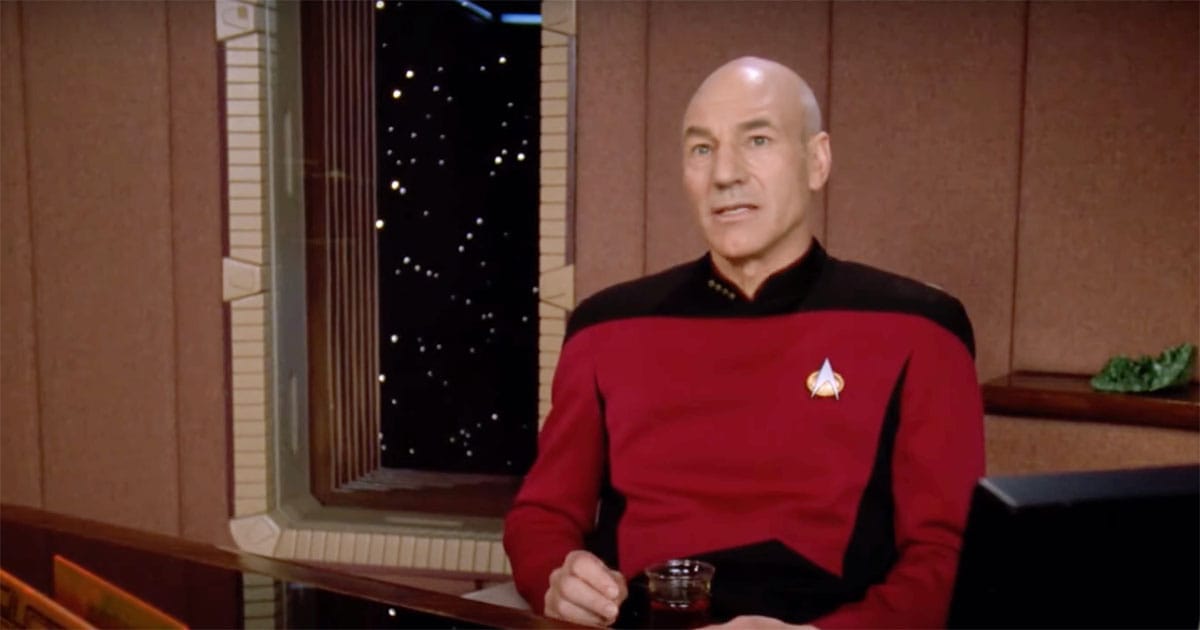
In "Who Watches the Watchers," Picard confronts a crisis of belief after a Federation observation post is exposed. A native population mistakes him for a god. He could have exploited the misunderstanding. Instead, he insists on the truth, even though it risks cultural upheaval. He refuses to manipulate belief for convenience.
"I, Borg," tests Picard further. Given a chance to destroy the Borg, he instead sees the individual behind the uniform. He rejects revenge in favor of mercy.
In these moments, justice is not theory—it is character in motion. Picard upholds it, not for glory, but because no civilization survives without it.
The Federation's Philosopher-King
Jean-Luc Picard is not just a captain. He is a scholar, a diplomat, and a man shaped by the classical wisdom of Earth's past. His fondness for Shakespeare is not decoration—it is substance. In private moments aboard the Enterprise, he quotes lines from "Hamlet" or "Henry V," not to impress but to think. His decisions are often grounded in reflection, not reaction.
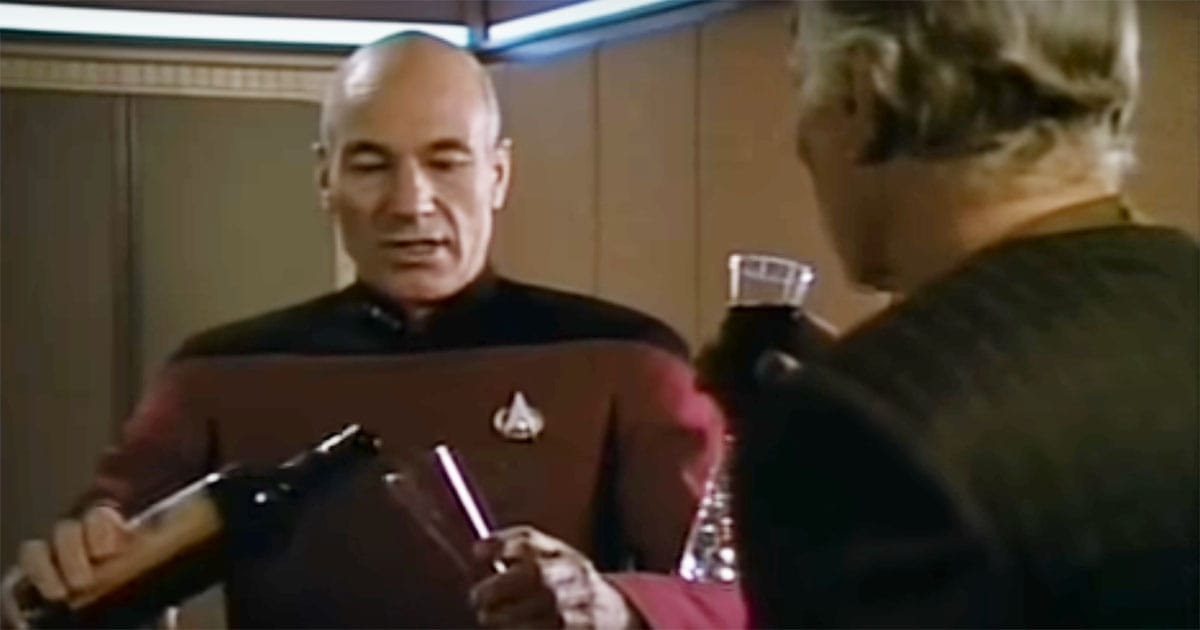
This intellectual depth forms the bedrock of his leadership. Where other commanders may fall back on instinct or politics, Picard turns to history, philosophy, and dialogue. His approach to justice reflects a long view, one shaped by centuries of thought on duty, liberty, and the human condition. When he speaks, he builds arguments with care, using clarity and restraint. His words do not burn. They persuade.
Episodes like "Darmok" and "The Defector" showcase his ability to interpret nuance and speak across cultures. He does not impose order. He builds understanding. His knowledge is not limited to Starfleet regulations—it extends to the moral and intellectual traditions that gave rise to the Federation itself.
In many ways, Picard is the embodiment of a philosopher-king. He wields power not for conquest but for stewardship. He understands that leadership in the future must still draw from the best of the past. Amid the blinking lights and warp engines, he reminds us that character, reason, and wisdom are not relics. They are the foundation of civilization, no matter how far it travels.
A Standard by Which Others Are Measured
The legacy of Jean-Luc Picard is more than a record of missions and medals. It is a moral framework that shapes every corner of "Star Trek: The Next Generation." His presence gives the series its ethical spine. He sets the tone not just for the crew of the Enterprise, but for the Federation's vision of what humanity can become—principled, composed, and courageous in the face of ambiguity.
In later portrayals, particularly in "Star Trek: Picard," we see a man haunted by the costs of his convictions. Yet even in disillusionment, he does not surrender his values. His sense of duty remains intact. The choices he made aboard the Enterprise echo into his later years, guiding him when institutions fail and old allies waver. This consistency across decades speaks to the strength of the foundation he built. Justice, for Picard, is not a uniform. It is a way of life.
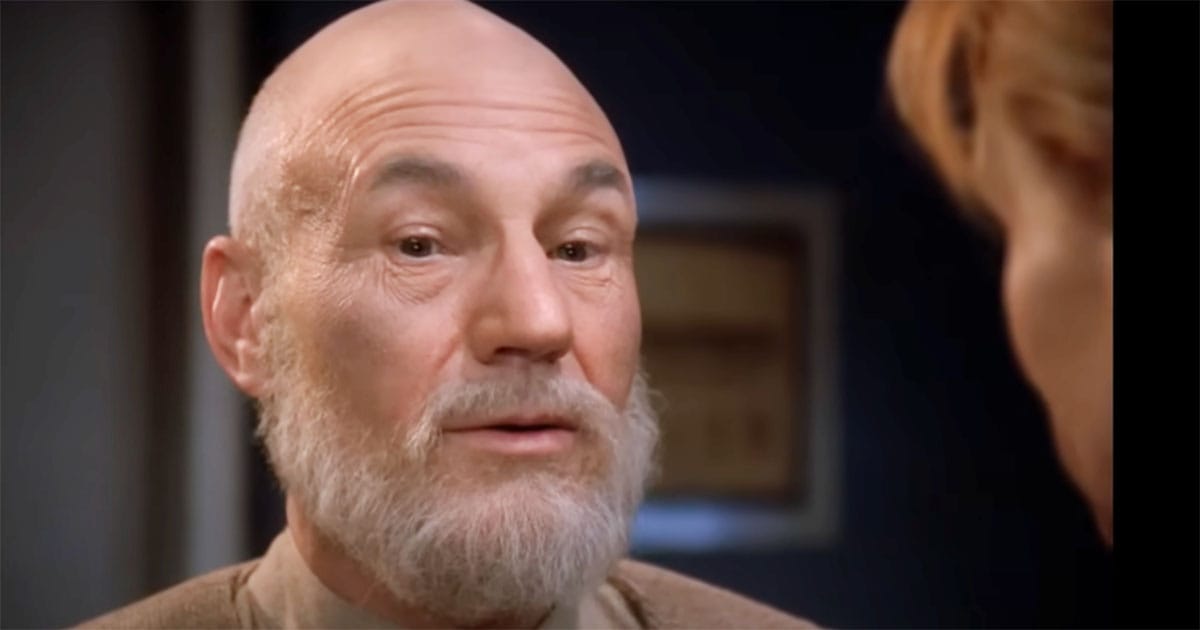
Among the captains of science fiction, Picard stands apart as a model of ethical command. His stories do not revolve around spectacle. They center on the struggle to do what is right when it is difficult, dangerous, or unpopular. That struggle defines great storytelling and lasting character.
In a genre that often looks to the stars for answers, Picard reminds us that the most important frontier is still within. He carries the light of conscience into every battle and negotiation, proving that true leadership does not begin with power. It begins with principle.

